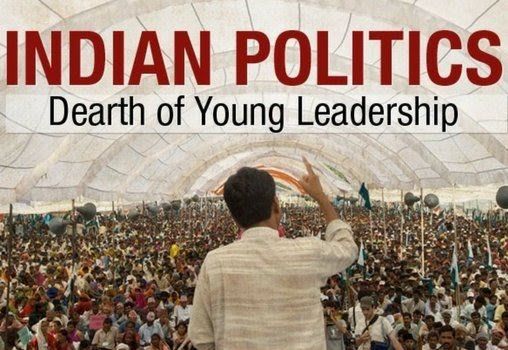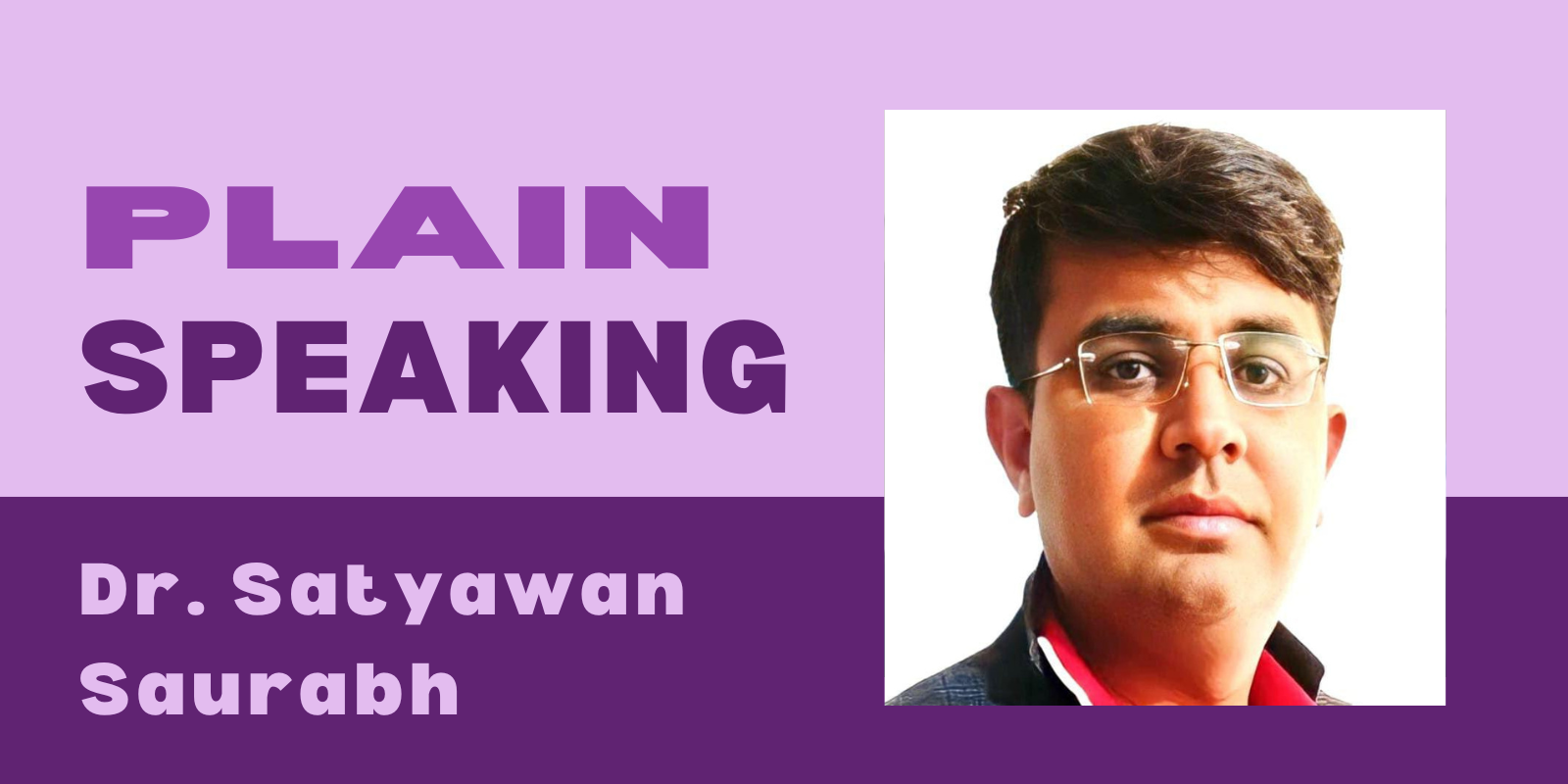If political parties are serious about involving young people in politics, they will have to take several steps. The first step would be to change the youth criterion by the government. Today, even people aged 34-35 years are considered young. This criterion will need to be lowered. In their organizational structures, parties will need to make more room for the youth. It is usually seen that leaders approaching adulthood also take over the reins of the youth units of major political parties. For their student organizations, political parties will also need to set a maximum age restriction. It would be better if those above thirty years of age were excluded.
Youth participation in politics is not only a goal but also a necessary condition for an inclusive and progressive democracy. However, too few young people continue to participate in politics, and their voices are often suppressed by established power structures. Prime Minister Narendra Modi’s recent proposal to invite one lakh youth with no political experience to enter politics represents a revolutionary turn towards decentralization, inclusiveness, and youth empowerment. Experienced leaders with a wealth of knowledge have traditionally held a prominent position in Indian politics. They often work within traditional frameworks that may not be equipped to handle contemporary issues, even though their knowledge is invaluable. Young leaders facilitate dynamic and data-driven policymaking by contributing creative solutions, technical know-how, and contemporary governance models.
To guarantee a sustainable future, young leaders can promote green laws, renewable energy projects, and climate adaptation strategies. Youth-driven governance has the potential to address unemployment and underemployment by prioritizing entrepreneurship, skill development, and high-quality education. Through youth participation, India can make better use of blockchain, automation, and artificial intelligence to achieve transparent and effective governance. By using social media and other platforms for citizen participation, young people can improve accountability, revive democratic values, and reduce political corruption. Youth who are politically aware and active guarantee that democracy will survive and remain responsive to people’s demands.

Indian politics has traditionally been dominated by dynastic families, leaving little room for merit-based and grassroots leadership. Without the backing of family or money, many young candidates find it difficult to gain political foothold. Youth often lack formal training in political administration, policy analysis, and governance, even if they have a high level of enthusiasm. The lack of mentorship offered by current political parties forces young leaders to fend for themselves. Since running for office requires significant financial investment, it is challenging for first-generation politicians to compete with more experienced leaders. The criminalization of politics as well as money and physical power often deters educated youth from pursuing careers in public service. To provide symbolic representation, many political parties induct young leaders without giving them decision-making power. This superficial induction does not result in young politicians being given much influence or change in governance structures.
Policies that support equitable economic growth, healthcare, and education should be given top priority by young leaders. Social issues such as unemployment, caste discrimination, and gender equality require progressive policies and grassroots participation. Sustainable agriculture, renewable energy initiatives, and eco-friendly urban planning can all be taken forward by youth leadership. Initiatives such as Green India and Clean India (Swachh Bharat) require more robust youth-driven implementation plans. Programs such as Digital India, Start-up India, and Skill India need to be expanded to provide advanced skills to the coming generation. India’s leadership in the world will depend heavily on its investments in biotechnology, robotics, and artificial intelligence. To prevent the collapse of democracy, youth activism and civic engagement must guarantee open, accountable, and people-centered governance. Democracy can be deepened by participatory governance models and by strengthening the Right to Information (RTI) law.
Candidates should be selected by political parties based on their vision, competence, and leadership potential, with merit given priority over favoritism. It is necessary to strengthen internal democracy within parties to enable young leaders to advance based on their performance rather than their family connections. Formally mentor young politicians in governance, policymaking, and legislative processes by establishing mentorship programs. To give young people a practical understanding of administration and law, universities and other institutions can offer “political leadership and governance” courses. State funding for elections can help level the playing field by enabling young people to run for office without facing financial constraints. It is necessary to enforce strict laws against political criminalization to establish a corruption-free and fair environment. Programs to enhance the capacity of young politicians and educate voters should be actively pursued by civil society organizations. Stories of young people who have succeeded in governance should be featured in the media to encourage greater participation.
To institutionalize youth participation, political parties, and governance structures should implement minimum quotas for youth representation. Leadership opportunities such as consultative councils, youth parliaments, and ministry internships should be enhanced. Decisions taken today will influence India’s path in the decades to come as the country stands at a critical juncture in its history. Swami Vivekananda’s advice to “arise, awake, and move ahead” remains applicable today.






